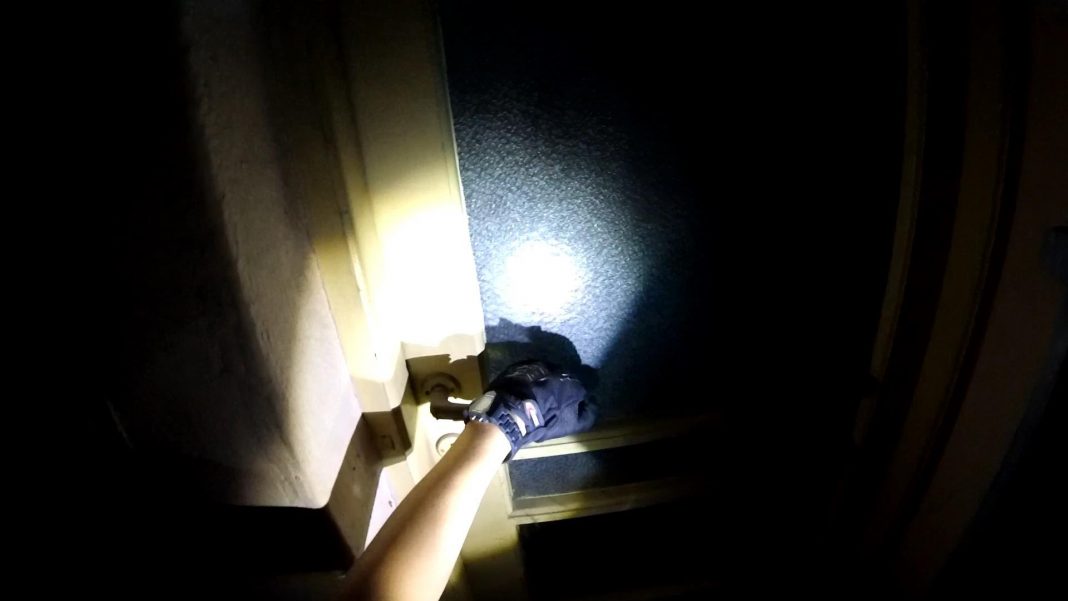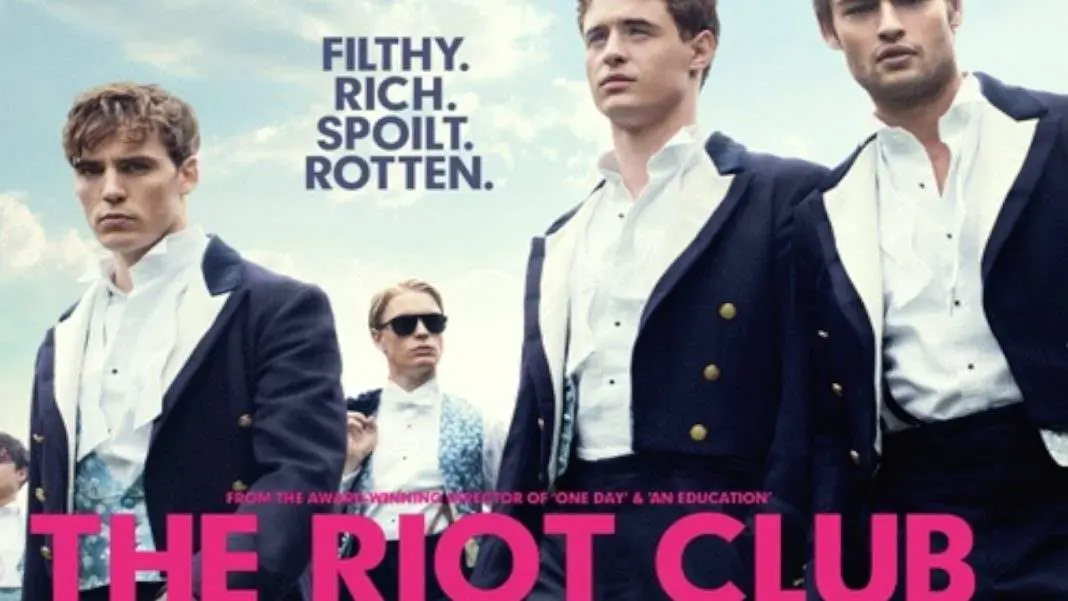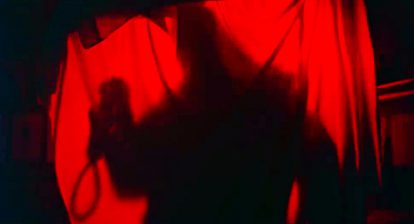Horror is evolving as a genre. Although your local multiplex is still loaded with the usual contenders, look a bit closer and you’ll find the latest drama, thriller, or crime offering is closer to horror than you might expect. In this bi-weekly series, Joey Keogh presents a film not generally classified as horror and argues why it exhibits the qualities of a great flight flick, and therefore deserves the attention of fans as an example of Not Quite Horror. This week, it’s Paul Verhoeven’s stunning Elle.
The words “rape revenge” aren’t typically associated with comedy. The two genres of filmmaking are so opposed, the traits of each so wildly different, it’d be near-impossible to imagine them ever intersecting. That is, until now. With Elle, agent provocateur and Hollywood master-botherer Paul Verhoeven has crafted something horrifying, at which it is frequently enjoyable to laugh.
The film was, reportedly, initially shopped around the US, with a Nicole Kidman type approached to take the lead. When little funding or interest was forthcoming, Verhoeven took his story to France and back to original lead actress Isabelle Huppert, with whom, it’s fair to say, the story simply would not function.

After being brutally raped, in a sequence that opens the film and to which the director will later refer back in varying degrees of gory, or fantastical detail, Huppert’s Michèle tidies up, takes a bath and orders some sushi. She later divulges the attack at the first of a number of awkward dinners with her upper class Parisian friends, all of whom are left with their jaws on the floor.
The character, described by the actress herself as “post-feminist”, is co-owner and CEO of a video game company, for which the majority of her staff are drooling, eye-rolling young males. She happily proffers the creation of hideously offensive games, during which female characters are sexually assaulted, encouraging designers to make them more explicit.
When it seems someone within the company has disseminated a vile video of her, Michèle patiently tracks down the culprit and then humiliates him by demanding he show her his penis (simultaneously checking whether he is her rapist and stalker). After losing control in the most life-destroying manner imaginable, she strives again and again to regain it in every facet of her life.

After being challenged by one of her employees, Michèle acknowledges that she and her business partner (also female) may just be two bitches who got lucky, but they’re still the bitches in charge. And, after engaging in a bizarre, sort of cat and mouse game with her attacker, it’s, again, Michèle who fights for the control, ultimately seizing it through any means necessary.
Elle is a problematic movie in many ways–though it hasn’t been nearly as divisive or headline-grabbing as Verhoeven gleefully anticipated–but it’s without a doubt Michèle’s story, and a showcase for Huppert’s inimitable acting prowess. That she wasn’t awarded the Oscar for Best Actress was predictable, but unforgivable in the face of her work here.
It’s an absolutely fearless performance, one that further solidifies her position as one of the all-time greatest living performers. To suggest this is anti-women exploitation ignores its many pleasures; its intelligence, biting social satire, complicated female protagonist and genre-bending delights. Horror fans, in particular, should take note of Elle.
Seek it out. It’s well worth the risk.





